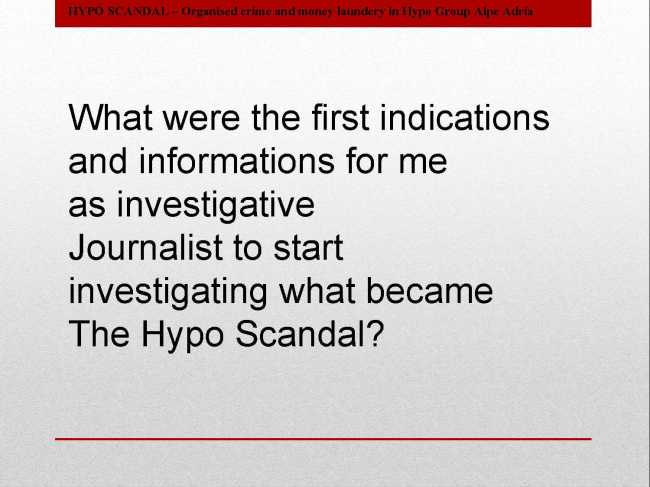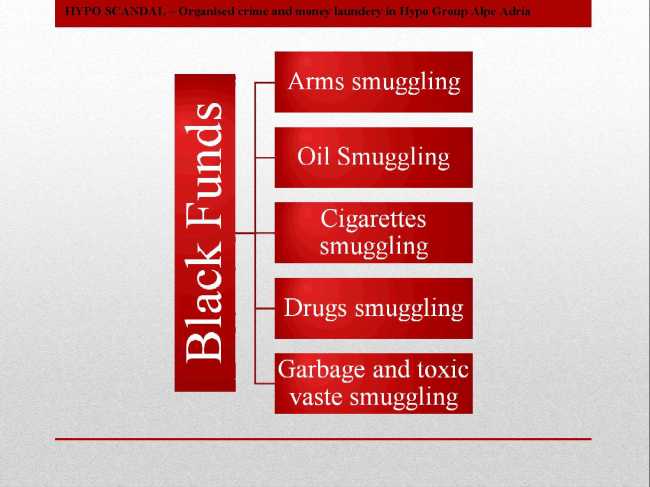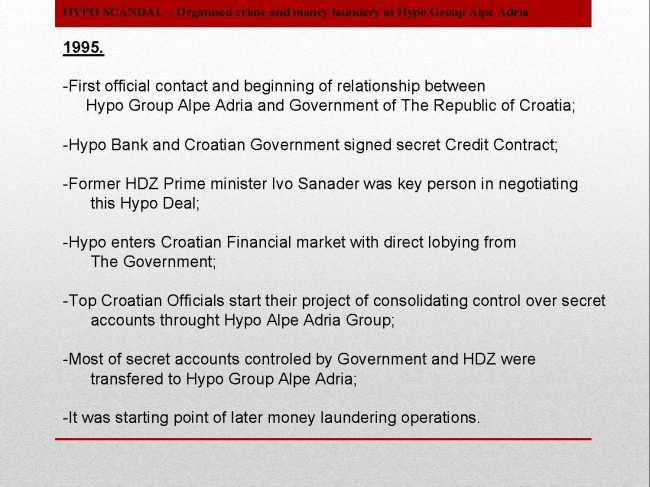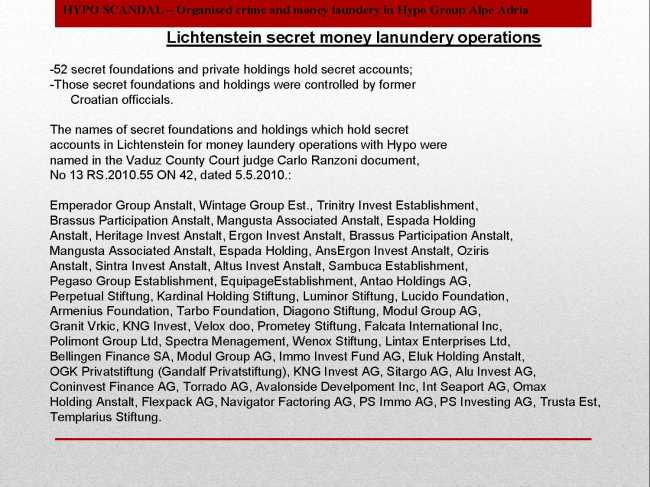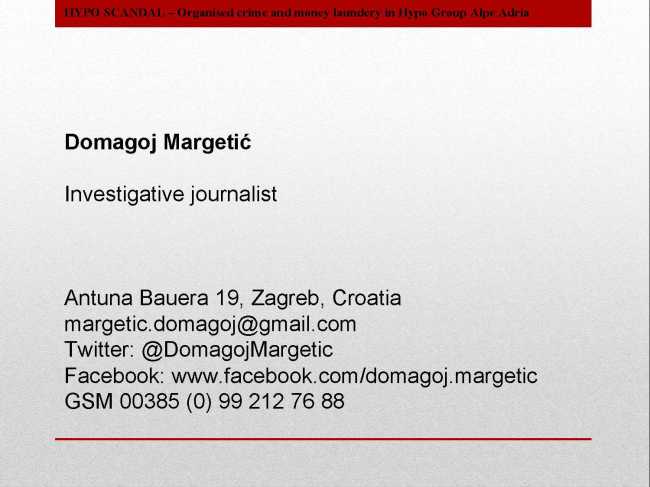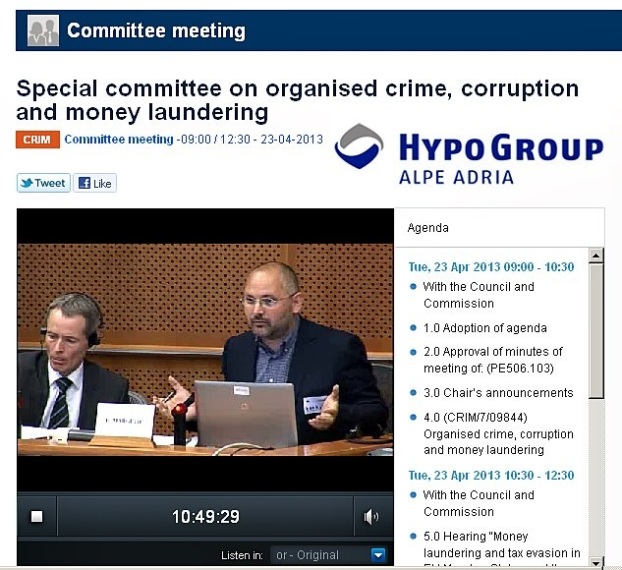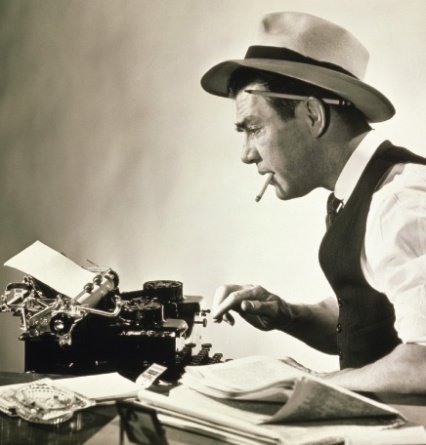
Many are wondering as to who is Domagoj Margetic. Clicking on his Wikipedia page in Croatia does not help. Wikipedia page has been bugged, and every effort to change the wording on the page has failed.
Domagoj Margetic is a Croatian investigative journalist with a long list of references presented below currently fighting for the protection under law for whistleblowers in Croatia. Domagoj is striking with hunger for 25th day, in hopes that the President of Crotatia Ivo Josipovic will push through the law. It would be a nice thing of the President to do, considering that Croatia is slated to become part of the European Union in July 2013. The President promised to do this exactly one year ago in 2012. Nothing has been done, to date. And why not hold him accountable?
Domagoj Margetic’s biography is hereby enclosed. Support investigative journalism on change.org by petitioning for his cause.
From 2012 to 2013, with whistleblowers, Domagoj Margetic participated in the initiative to pass the legislation related to whistleblower protection in Croatia. The initiative was supported and accepted by the President Ivo Josipovic, at a meeting held on March 20, 2012.
From 2011 to 2013, Domagoj Margetic has been an independent, freelance columnist of regional business portal SEEbiz.eu
In 2012, Domagoj Margetic researched and published the papers on the Hypo Group affair in Bosnia and Herzegovina.
In 2012, Domagoj Margetic wrote about the corruption and crime in the Croatian Post.
From 2010 through 2012, Domagoj Margetic wrote about crime and corruption in the Customs Administration of the Ministry of Finance, Customs and published a feuilleton about the Mafia, which is why he was awarded a prize for fighting corruption by the Independent Union of Customs of Croatia.
Support investigative journalism on change.org by petitioning for Domagoj Margetic’s cause.
From 2006 through 2012, Margetic was a founder and a chief of investigative journalism portal Necenzurirano.com, which, according to Google’s report in 2009, was widely read among the portals in the category of political news web-sites. The research related to Hypo scandal and former Prime Minister Ivo Sanader in 2009 year was the most widely read text on the Internet in Croatia.
In 2011, Domagoj Margetic published a study on the murder of Ivo Pukanic in the book “The Case Pukanic: Murder with a Signature of the State.”
In 2011 Margetic published a book of poems called “I Forgive Heaven your Smile.”
In 2011 Domagoj Margetic was the author of the analysis “Kosovo and the new Balkan Criminal Order.”
In 2010, Margetic researched and published papers on illegal privatization of the tobacco industry in Croatia, Zagreb Tobacco Factory and creation of semi-mafia tobacco monopoly in the Balkans.
In 2010. Margetic researched and wrote a feuilleton about the murder of Serbian Prime Minister Zoran Djindjic.
In 2010, as an investigative journalist who was engaged in anti-corruption issues and topics of organized crime, Domagoj Margetic was appointed a member of the project team administrator of Database on Persons Connected with Terrorism and Organized crime TOC Data Base, a project run by two faculties of the University of Belgrade.
In 2010, Margetic published documents on the misappropriation of money in the Croatian Highways (HAC) for building highways in Croatia. The State Attorney’s Office heard the case on corruption.
In 2010 Domagoj Margetic revealed the location of the multi-year hiding of convicted war criminal Miljenko Bajic, who was ultimately arrested and detained for a custodial sentence for war crimes against Serbian prisoners in Lora, Split.
Support investigative journalism on change.org by petitioning for Domagoj Margetic’s cause.
From 2009 through 2011 Margetic published a study on corruption, conflict of interest and links to organized crime of Tomislav Karamarko, the former Minister of Interior of the Republic of Croatia.
In 2009, Margetic published in full the Hypo secret file of money laundering through the Hypo Alpe Adria Group.
In 2009, Domagoj Margetic revealed documents which prove the conflict of interest by the Minister of Justice at that time.
In 2008, Domagoj Margetic published documents on the connection between Prime Minister Ivo Sanader with the Hypo affair, which the State Attorney’s Office took over from Margetic in April, 2008. Resultantly, the former prime-minister Ivo Sanader was suspected, accused and convicted for corruption and war profiteering.
From 2008 through 2012, Margetic closely co-operated with Verica Barac, renowned fighter against corruption in Serbia, the longtime president of the Council for the Fight Against Corruption of the Government of Serbia.
Support investigative journalism on change.org by petitioning for Domagoj Margetic’s cause.
From 2004 through 2008, Margetic had been publishing articles, studies and documents about the secret accounts of the Ministry of Finance, through which the money from the State Budget was being drawn.
In 2008, Margetic authored the book “The Banking Mafia” about laundering of money through domestic and foreign banks, previously looted from the Croatian state budget or state-owned enterprises.
In 2008, Domagoj Margetic published a study on the tobacco mafia in Croatia, on the international cigarette smuggling that is connected to Rovinj Tobacco Factory and Adris Group, and at that time a number of documents were published on the topic.
In 2008, Margetic wrote about the case NAMA, transformation- privatization crime in this company and the way the people in that company associated with the government pulled multimillion amounts to private accounts.
In 2008, Domagoj Margetic released documents on international smuggling of nuclear materials through Croatia in the 1990s.
In 2008, Margetic participated in a regional initiative of experts from Serbia, BIH and Croatia in the establishment of the Expert Team of Southeast Europe to combat terrorism and organized crime.
In 2008, Margetic discovered and published secret documents about the secret war affairs of Croatian president Franjo Tudjman and Serbian president Slobodan Milosevic.
In 2007, Domagoj Margetic published documents about the war crimes of the Croatian police against Serbian civilians in Sisak in years 1991 and 1992, about which Margetic testified at the Prosecutor’s Office for War Crimes in Belgrade.
In 2007, Margetic published a study on the secret documents of the Croatian National Bank on the recovery of banks in Croatia, and published secret information on how much the state invested in recovery of the banks from the National budget and compared this data with the data on the amount for which the bank later sold to the new owners.
In 2007, Margetic released a video testimony of the participants of the international cocaine smuggling Croatia and an insider testimony that the General Ivan Cermak smuggled 20 kg of cocaine through Croatia.
In 2007, Margetic published a study on the secret documents of the Croatian National Bank related to the privatization of banks in Croatia.
Support investigative journalism on change.org by petitioning for Domagoj Margetic’s cause.
In 2006, Domagoj Margetic was the author of the book of poems “Exposing.”
In 2006, Domagoj Margetic was the author of the study, “Transition Fraud.”
In 2006, Domagoj Margetic wrote “Journalism Between Crime, Corruption, Prostitution and Media.”
In 2005, Margetic’s books “Who Robbed Croatia” and “The Unauthorized Biography of the Second Croatian President.” The two books were included in the official list of references Berkeley University, East European Department, with titles from Eastern Europe and on Eastern Europe.
In 2004, Domagoj Margetic wrote “The Unauthorized Biography of the Second Croatian president.”
In 2004, Margetic exposed the secret documents of the national oil industry, INA’s, on international smuggling of Iraqi, Syrian and Libyan oil through the INA, with which a part of the state leaders in Croatia were connected.
In 2004, Domagoj Margetic started researching the crime in the transformation and privatization of the largest banks in Croatia Zagreb Bank (Zagrebačka banka, ZABA), Zagreb.
In 2003, Margetic published in its entirety, “Dajmanović’s petition”, the document on crime and corruption in the Ministry of Internal Affairs of the Republic of Croatia.
In 2003, Margetic published a full secret file Villach, the secret bank accounts of the Government in the Austrian Erste Bank in Villach and documents about how the senior officials of the Croatian Democratic Party HDZ drew funds from those secret accounts to private accounts abroad.
In 2003 Margetic published a secret file of the Government on demise of the Istrian Bank and drawing of the money through the bank.
From 2001 through 2003 Margetic had been researching corruption and criminal in the Government, and in 2003, and as a result of research, his book “Who Robbed Croatia?” was published.
In 2001, Margetic revealed the Hypo secret file of Ministry of Finance, the secret documents from the investigation of the Exchange Inspectorate of the Ministry of Finance on crime and money laundering in the Hypo Group.
Support investigative journalism on change.org by petitioning for Domagoj Margetic’s cause.
In 2000, Margetic wrote about banking crime in Croatia and the money draw through secret accounts from Croatian banks, and exposed the secret documents on privatization of the Zagreb Bank (Zagrebačka banka ZABA), the Commercial Bank Zagreb (Privredna banka Zagreb), the Dubrovnik Bank (Dubrovačka banka), the Istrian Bank (Istarska Banka) and the Dalmatian Bank (Dalmatinska Banka).
In 1999 Domagoj Margetic started researching the Hypo affair.
In 1997, Domagoj Margetic wrote an open letter to the Croatian president Franjo Tudjman on corruption and organized crime in Tudjman’s Government, and in this letter he revealed corruption in Croatian Electrics (Hrvatska Elektroprivreda), and a way of enriching of the prime minister on behalf of the Croatian Democratic Party (HDZ), which were appointed by Franjo Tudjman, through the extraction of money from the national budget and unlawful acquisition of shares by state-owned enterprises in the transformation and privatization.
Domagoj Margetic wrote about the corruption and crime in the transformation and privatization in Croatia from 1997 to 2000.
Support investigative journalism on change.org by petitioning for Domagoj Margetic’s cause.

